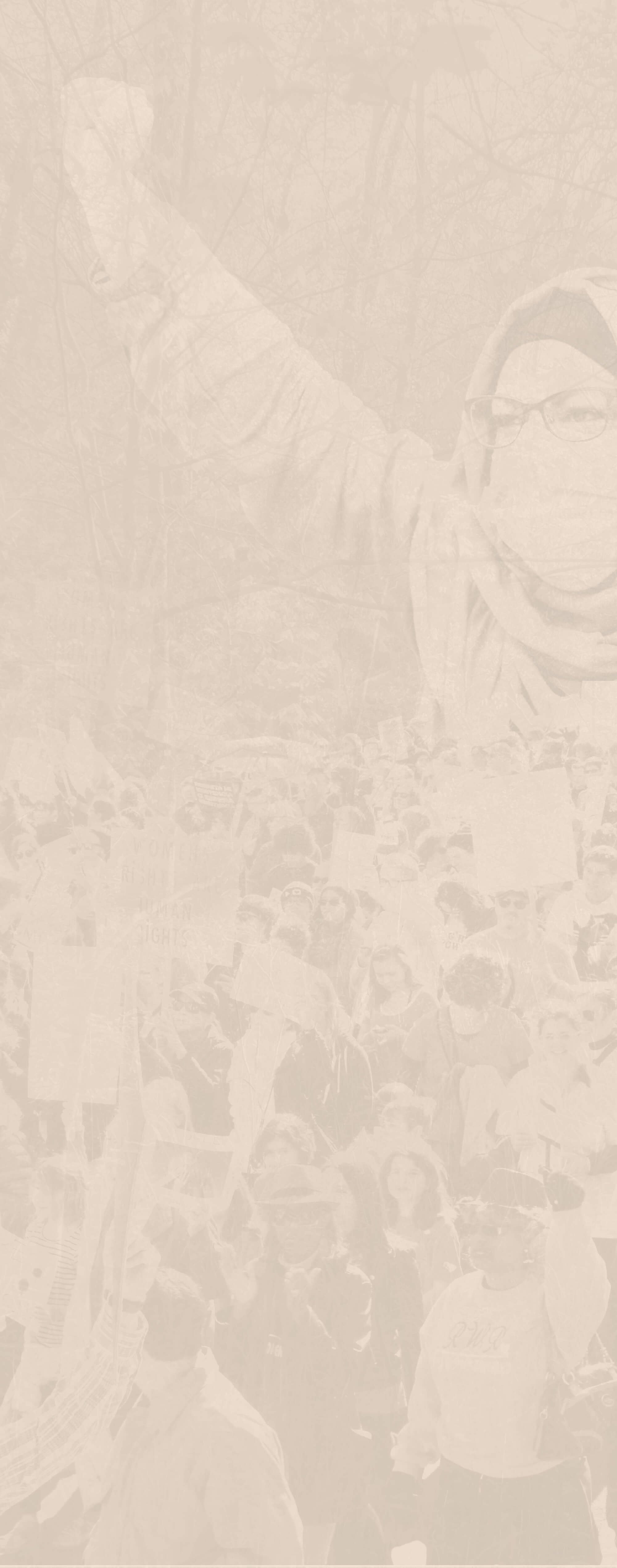
Syllabus 4
Digital Security
Digital security keeps our movements safe. The following resources cover how to assess your risks, harden your digital defenses, and engage in surveillance self-defense.
Search “Español” for resources in Spanish. Searches are limited to this page’s content.
-
Good digital security practices protect you, defend your comrades, and help keep your action plans private. Movements for change are often surveilled. A community is only as secure as its weakest link, which comes down to good digital hygiene. Good digital hygiene includes simple things like using strong passwords, two-factor ID, end to end encrypted communication programs ( eg, Signal) and consistent vetting practices for everyone joining your group. All the best tech will be undercut if hygiene is lax.
-
Here’s a tech postcard with your options for security, communication, and collaboration. Quick reference on trusted and untrusted platforms.
It’s a basic step, but setting strong passwords are one of the top things you can do to boost your digital security. Here are two zines on setting strong passwords. Print them to hand out at events!
-
Digital security is a mindset. Which steps you decide to implement depend on your risk profile and the tradeoffs you’re willing to make. This resource can help you step back and see the big picture.
-
Every protective step is a tradeoff: you could lock down your security by going off the grid, ceasing to talk to anyone, and throwing your phone in the ocean. But the reality is that collaboration is necessary for organizing, and you need usability in addition to security. Finding that balance - and figuring out what you want to protect and from whom - is called threat modeling. Here’s a guide to assessing your risks.
Based on your threat modeling, here are a series of steps you can take to secure accounts, browsing, communications and devices, from universal precautions to maximalist measures.
-
Community surveillance self-defense keeps us all safe. Are you a part of organizing group chats? Bringing your phone to a protest? Here’s a simple checklist to go through before you hit the streets
-
Checklists covering the digital security dimensions of non-violent direct action, from safely scouting sites to setting up a burner phone
-
Using a VPN
By default, your internet service provider knows a lot about your online activity - and that information can be subpoenaed. Websites you visit can (and do) sell your data to law enforcement. VPNs aren’t magic anonymity tools, but obfuscating your location helps keep your information private and your data out of hackers’ hands. Here’s a guide to what VPNs do (and don’t do) and how to choose one:
Encrypting your phone
iPhones are encrypted by default. Here’s a step by step guide on how to encrypt your Android.
Encrypting your computer
Your computer likely doesn’t come encrypted by default (which is baffling!). The good news: encrypting your computer is easy. Here are step by step instructions for PC, Mac, and Linux.
-
Surveillance self-defense protects your data from being intercepted by cops, devoured by your telecommunications providers, and sold to compile dossiers about you. But if the cops have your device and have a warrant, that’s a whole other story. This resource has examples of what cops were able to extract from a J20 defendant’s phone, which included information about contacts and Signal messages. The good news is that there are steps you can take to limit what cell phone extraction devices are able to pry out. Here’s a document about police hacking capabilities and why it’s important to encrypt your devices and set strong passwords.
-
You might have good reason to lighten your footprint on the social internet or make it harder to link work or personal to activist accounts. EFF has a guide to privacy considerations on social media.
Want to double check if there’s bleed between personas? You can use this reverse image search tool to make sure you haven’t cross posted photos that could be used to link accounts.
-
Unfortunately, in some lines of activism (particularly pro-Palestine protest), doxxing can be a risk. This series of anti-doxxing guides was created with journalists in mind, but is useful to anyone wanting to opt out of data broker websites, harden your digital presence against online harassment, and assess which information is already out there.
Feedback Form
Have a resource to share? Is a link broken? Submit this form to help us with our resource hub!

